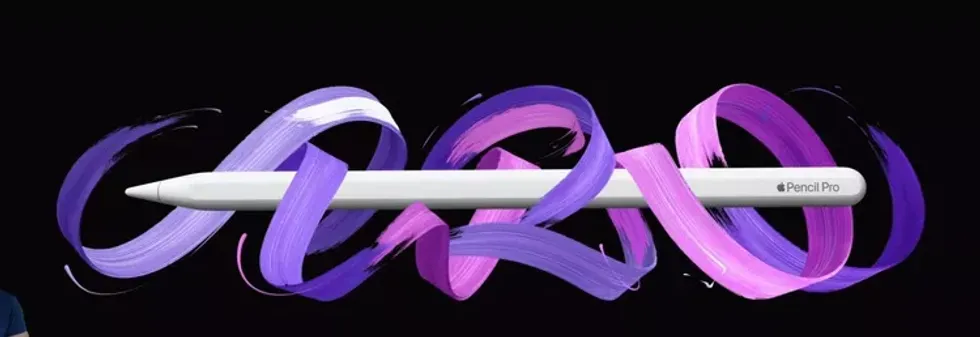Web Dailies & Wireless Monitoring for $35? Google Chromecast Opens for Possibilities

As a device, Chromecast is pretty nifty. It's small enough to carry as a keychain item, easy enough to link into available WiFi networks, and requires no remote control. In lieu of a more conventional home screen based-interface (like Roku, for instance), Chromecast is more of a passive player whose queue and playback you control with your phone. Until you give it something to play, Chromecast acts like a screen saver slowly scrolling through wall papers and landscape photography. Multiple users can add to and arrange the queue simultaneously or, as mentioned above, the device can display a near-real time stream of your desktop PC or active tab in Google Chrome.
This, all in a size and shape reminiscent of a USB flash drive. I own one -- at $35, why not? -- but I've probably used it on no more than ten separate occasions. See the multitude of posts about 'getting the most out of your Chromecast,' I'm not alone. It's not that I don't like it, because I do. The reason for this is because, until recently, Chromecast was merely a novelty item for streaming a few select services. Now, its roles could greatly expand, and I hope they do.
Finally, Development Opens for Chromecast
The announcement on the release of the Google Cast SDK came on Monday:
We want to make it easier for that content to get to your TV, so today we’re releasing the Google Cast Software Development Kit (SDK) for developers who want to build Chromecast support into their apps and websites. Just be on the lookout for the cast button in your favorite apps and websites across Android, iOS and Chrome. If you’re a developer looking to bring your content to the big screen, head on over to the Google Developers Blog for a deep dive into the nuts and bolts of it all. Meanwhile, for everyone else, a current list of apps that work with Chromecast can be found at chromecast.com/apps. Happy casting!
The bottom line is this: the services streamed to your HDTV need no longer be tailored (or distributed) by Google alone to work fluently with Chromecast. As many others have guessed, this will probably see the number of Chromecast-ready apps skyrocket in the near future.
Dreaming of Streaming
I've been curious about the potential of devices like this for home-brew delivery of web dailies. Roku channel development is similarly open, and private channels are possible to create -- but Roku requires that your content already be on its own server, and understandably so. With Chromecast, on the other hand, it seems like a no-brainer to unify the device with Google Drive's video hosting and sharing abilities. Casting local photos or videos directly from your mobile device has been on-and-off with Chromecast, but video on Drive is already cloud-based, with a web/mobile player not unlike YouTube's.

There are other potential uses for an HDMI H.264 decoder based in WiFi. I can think of one WiFi-ready H.264 encoder that would just love to play with the little guy -- the Teradek Cube. While RTSP doesn't appear on the SDK's list of supported streaming protocols, the Cube is capable of HTTP Live Streaming, which means that it's theoretically possible for the Chromecast to act as a WiFi-bound receiver for wireless monitoring. By design it seems as though Chromecast needs internet access to interface with custom receiver applications. But, given that, how cool would it be if Teradek's TeraCentral app for iOS featured a functional 'cast' button when viewing a Cube's stream, latency be damned? This is wishful thinking, but something like this would add serious bang for your thirty-five bucks.
For any developers out there, here's the Google Cast overview from Google Developers. If you're interested be sure to check the links below.
Links:












